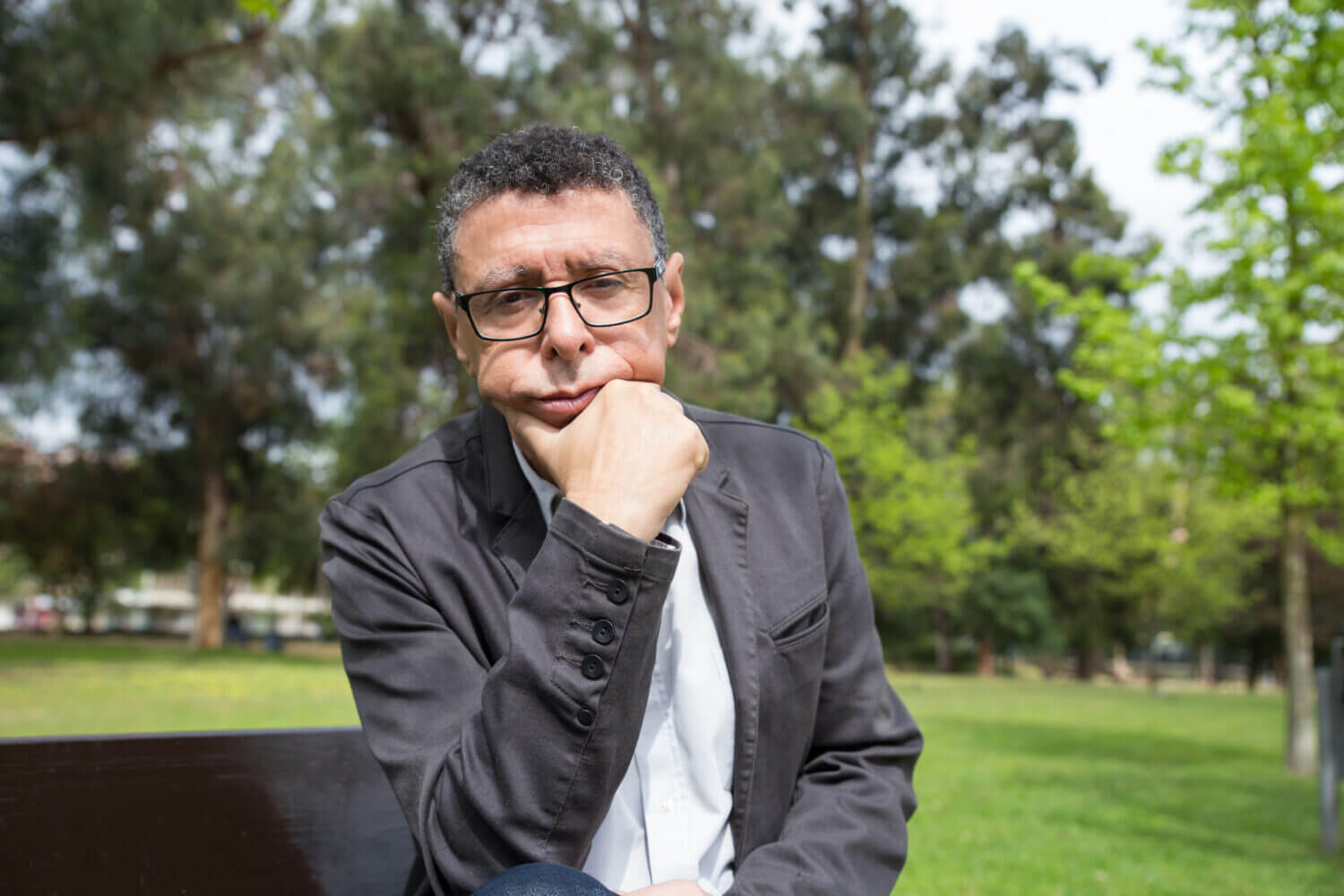When should you stop contributing to an RRSP?
Denis is in his early 50s, with a modest income. Would contributing to a TFSA instead help him to maximize government benefits in retirement?
Advertisement
Denis is in his early 50s, with a modest income. Would contributing to a TFSA instead help him to maximize government benefits in retirement?

Affiliate (monetized) links can sometimes result in a payment to MoneySense (owned by Ratehub Inc.), which helps our website stay free to our users. If a link has an asterisk (*) or is labelled as “Featured,” it is an affiliate link. If a link is labelled as “Sponsored,” it is a paid placement, which may or may not have an affiliate link. Our editorial content will never be influenced by these links. We are committed to looking at all available products in the market. Where a product ranks in our article, and whether or not it’s included in the first place, is never driven by compensation. For more details, read our MoneySense Monetization policy.
Share this article Share on Facebook Share on Twitter Share on Linkedin Share on Reddit Share on Email